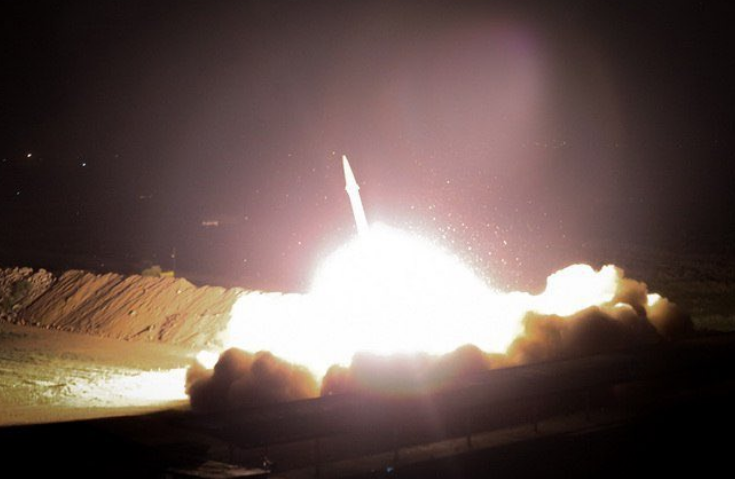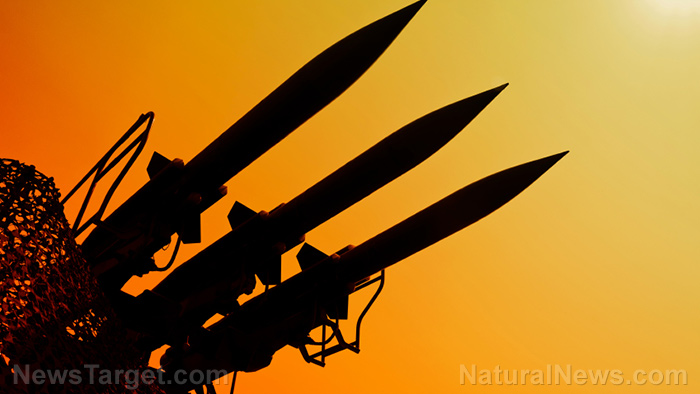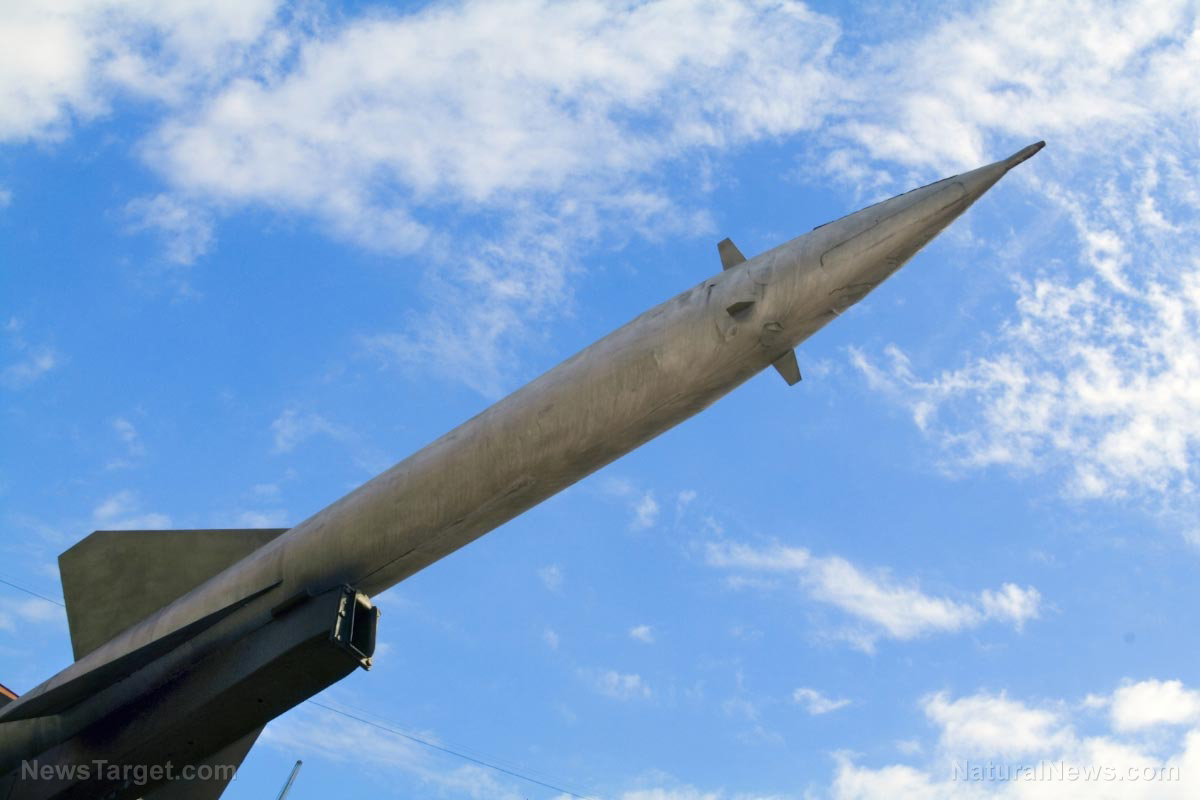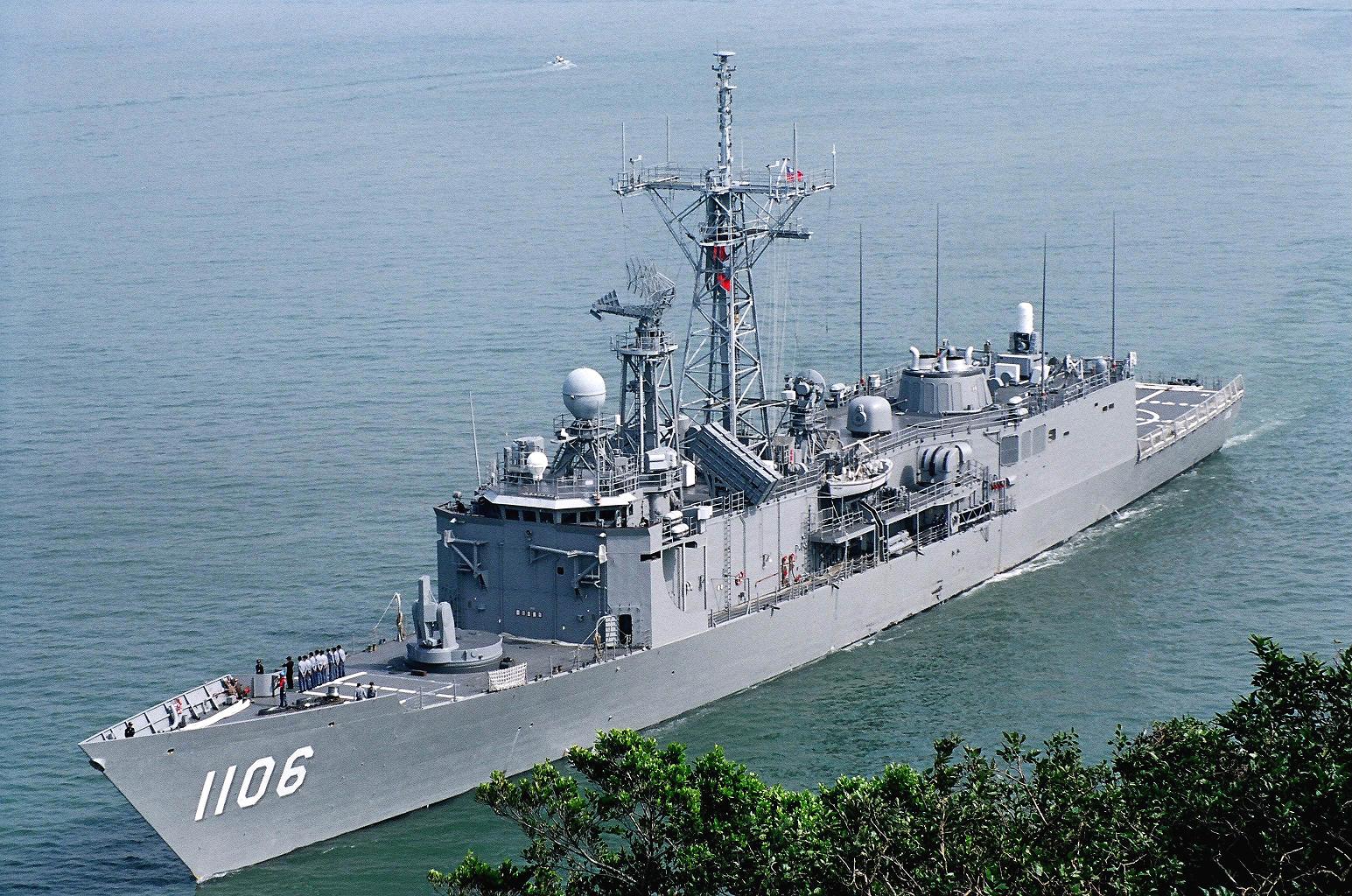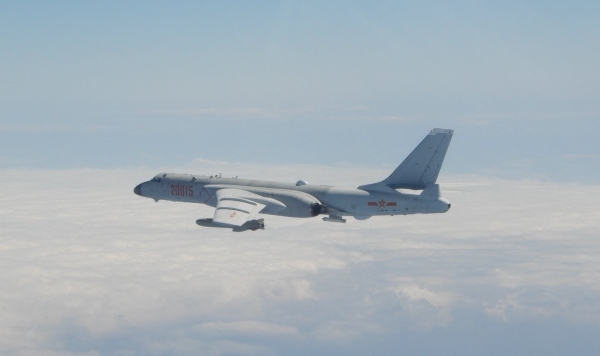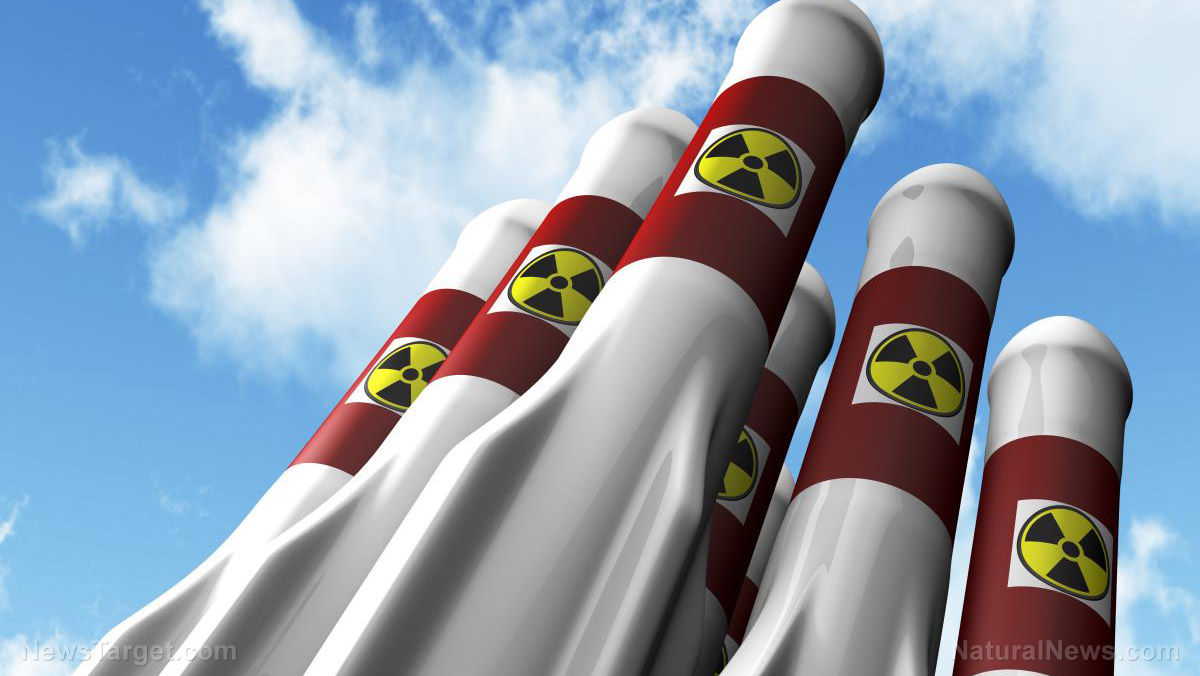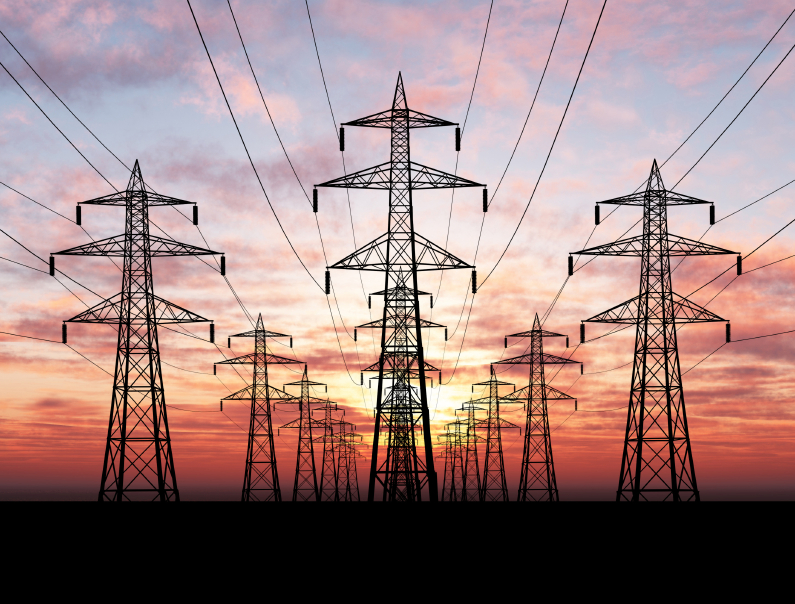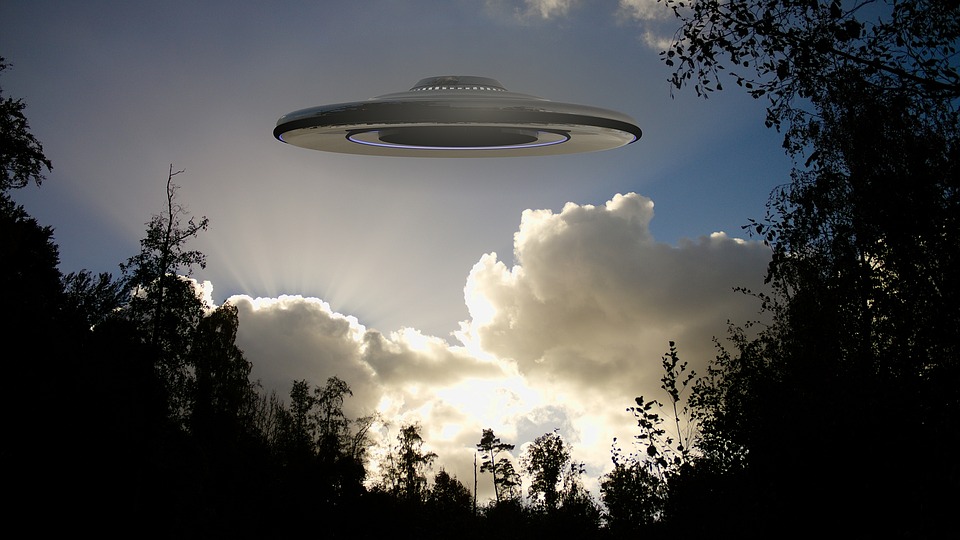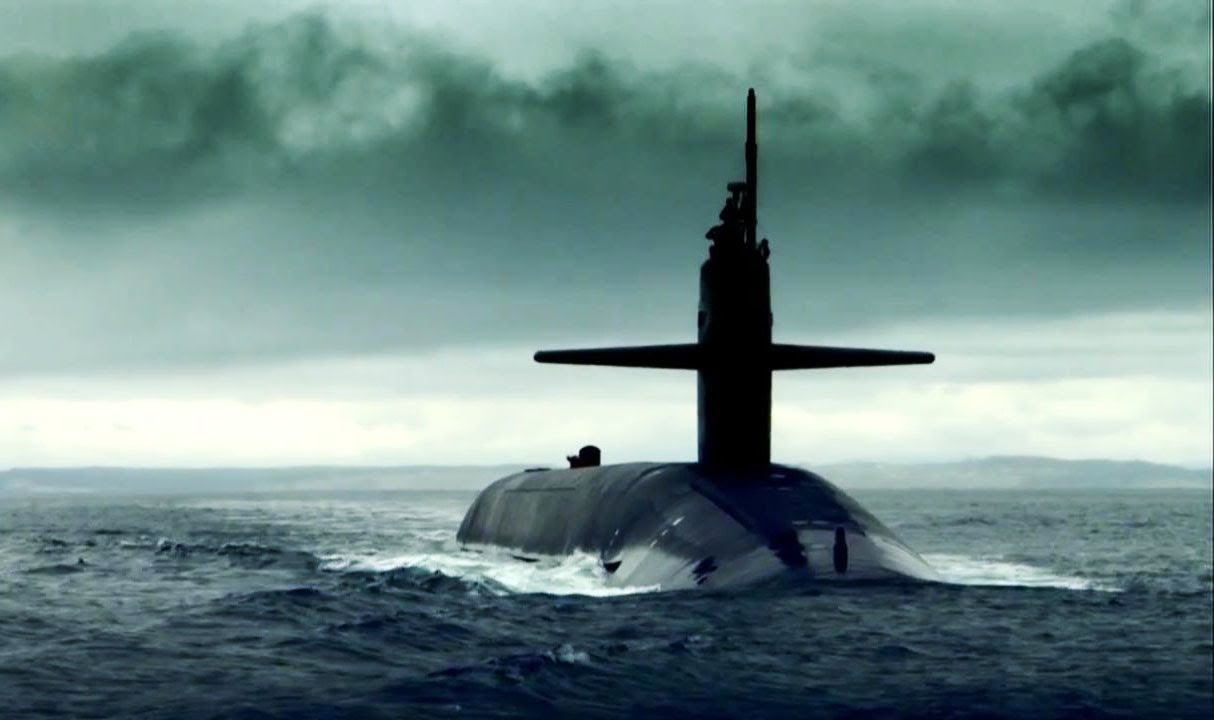Russia testing nuclear missiles and submarines in the Arctic as global tensions escalate
04/02/2021 / By Cassie B.

A British spy plane that has been monitoring Russian war games being carried out in the Arctic recently confirmed that Russia has finished initial testing of Vladimir Putin’s new Zircon missile.
The hypersonic weapon can travel at 6,100 miles per hour and has now been fired four times from Russia’s Admiral Gorshkov frigate. It is expected to go into service in 2022.
Although the Gorshkov had been expected to fire the Zircon, Russian defense chiefs would only confirm that supersonic Oniks missiles were fired from the frigate. The fired missiles hit a target near Novaya Zemlya. All vessels were banned from navigating sizeable areas of the water on the Kara Sea and Barents Sea sides of the Arctic archipelago during the test.
A military source said that four launches were made, and all of the missiles involved hit the “bullseye.”
The Mach 8 Zircon is believed to be Putin’s missile of choice for targeting American cities in a nuclear conflict. One Russian news show host has shown a map on air of targets the Kremlin would hit in the U.S. in a nuclear war. The host, Dmitry Kiselyov, is considered a Putin propagandist. He claimed the Zircon could hit the American targets in less than five minutes.
The Zircon’s first test launch took place in early October in what many believed was a “birthday present” for Putin, who turned 68 on October 7. The Russian president has described the Zircon as “truly unparalleled… in the world.”
A 2019 military accident that resulted in a radiation leak that killed two people and wounded six is believed to have occurred while the missile was being tested. At the time, radiation levels climbed to 20 times above normal in the area surrounding the weapons testing site at Nyonoksa.
Nuclear ballistic missile submarines smash through Arctic ice
Meanwhile, Putin has praised the Russian navy after three of their nuclear ballistic missile submarines managed to smash their way through Arctic ice within mere feet of one another in a show of strength while warplanes flew over the North Pole.
The submarines, which are a part of Russia’s nuclear deterrent force, forced their way up through several feet of ice. In wartime, these subs would be able to hide beneath the ice from NATO anti-submarine forces.
The submarines involved were two Delta IV subs and one Borei sub. The 548-foot Delta IV submarines involved were built during the Cold War. Each one is equipped with 16 Sineva ballistic missiles that carry four 100-kiloton warheads, providing up to 12.8 megatons of nuclear firepower. The Borei sub is a newer addition that measures 525 feet long and carries 16 Bulava ballistic missiles, which together pack a theoretical total of 16 megatons of firepower. Combined, the three subs are capable of 28.8 megatons of firepower, or 28,800 kilotons; the Hiroshima explosion, by comparison, was roughly 16 kilotons.
Moscow has been focused on enhancing its military presence in the Arctic area recently. As much as a quarter of the planet’s undiscovered oil and gas is believed to be located in the region. In the past, Putin has estimated that the Arctic mineral riches could be worth as much as £22 trillion. In addition to the untapped oil and natural gas, it is believed to have mineable minerals such as diamond, gold, copper, silver, graphite, titanium and uranium.
Russia has been rebuilding and expanding its facilities in the polar region in recent years, deploying air defense and surveillance assets and renovating runways.
Russia is not the only world power trying to expand its influence in the Arctic; Canada, the U.S., Denmark, Norway and even China are interested in asserting jurisdiction over parts of the area.
Sources for this article include:
Tagged Under: Arctic, military tech, missiles, national defense, national security, nuclear missiles, nuclear weapons, Putin, Russia, War, World War III



